The Theatre History Podcast is proud to feature a two-part episode in partnership with Stories from the Eastern West, a fellow podcast that presents "little-known histories" from Central and Eastern Europe. In this, the first of two parts, listeners will learn more about the work of revolutionary theatre director Jerzy Grotowski.
Exploring the Work and Legacy of Jerzy Grotowski with the Stories from the Eastern West Podcast, Part 1
Theatre History Podcast #71
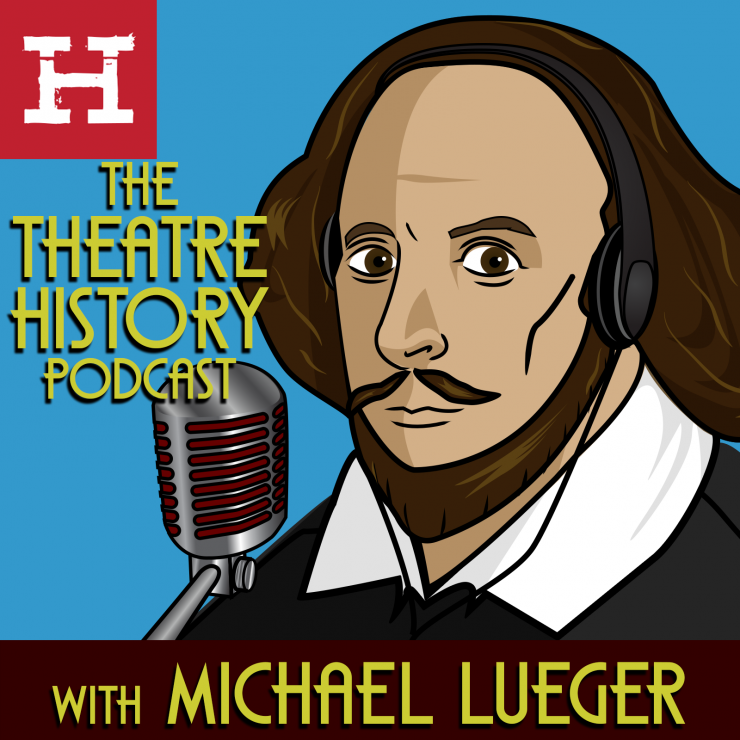
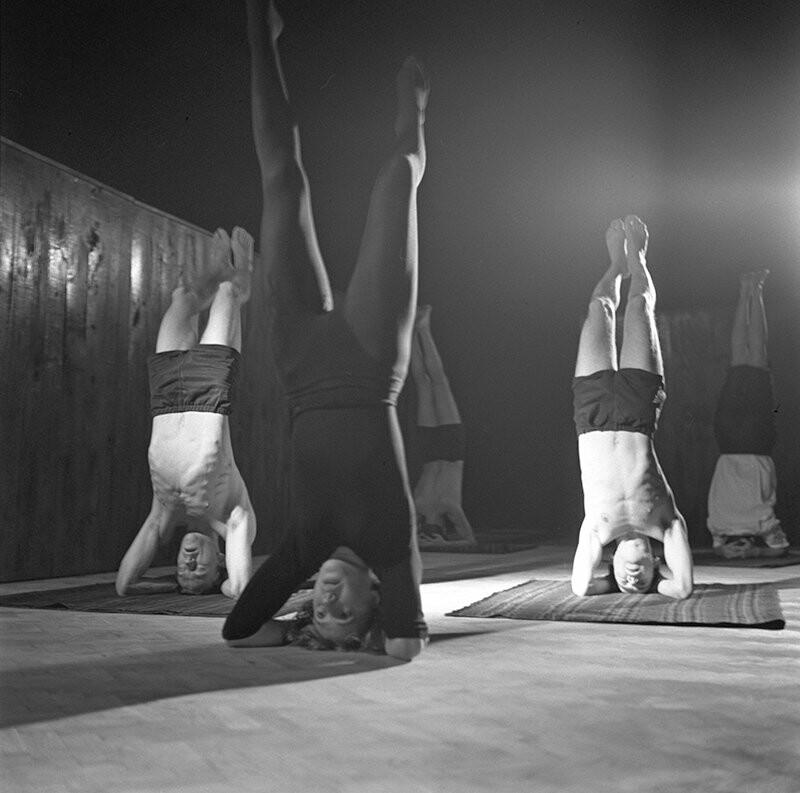
Image via Stories from the Eastern West.
Transcript:
Mike Lueger: The Theatre History Podcast is supported by HowlRound, a free and open platform for theatremakers worldwide. It's available on iTunes, Google Play, and HowlRround.com.
Hi, and welcome to the Theatre History Podcast. I'm Mike Lueger. This two-part episode about the life and work of Jerzy Grotowski was co-produced with the Stories from the Eastern West Podcast. I'll be presenting the story together with Piotr, who traveled to the Workcenter of Jerzy Grotowski and Thomas Richards in Italy and will share with us what he found there.
Piotr Wolodźko: When I was young and I saw his work on film…I was not able to see his live performances. I was completely blown away. I witnessed something, you can still see these films of The Constant Prince and Apocalypsis for example, where you witness such a high level of junction, juncture between precision and life. Where you see a kind of totality of the human presence involved; the body, the voice, the soul of the individual, the intention of the actor on such a high level. When I was young and I saw these works, I thought—I'm American, I'm from New York City, I thought—"I've got to find a way to work with him".
Grażyna Soczewka: [Maja Komorowska English voiceover] I received a letter from Grotowski and he asked me if I would come and work with him at the Theatre of Thirteen Rows and so I went. I saw Forefather's Eve in Poland and I felt that it reminded me of something, but I wasn't really able to understand it. But I felt that, yes, I had to stay.
Piotr: Grotowski. For a lot of people that name might bring up a vague image of a bearded theatre director with glasses, and maybe even mysterious sounding words, like "paratheatre." That was pretty much me before I started working on this episode. I embarked on a journey that began at my local library in Warsaw and ended in an old winery in the Tuscan countryside.
Mike: Our story starts in Poland, 1958. Polish culture and art had just recently escaped the shackles of Soviet imposed socialist realism, and the Polish theatre scene was looking for a way forward. Ludwik Flaszen, a theatre critic from Kraków, had been put in charge of creating a new program for a tiny theater in Opole, a small provincial town in southwest Poland. Flaszen wasn't yet sure what the new program would be, but he knew he wanted to find a bright young theatre director with fresh ideas to come along with him. The story goes that Flaszen was sitting in a café in Kraków one afternoon when he noticed the young director Jerzy Grotowski, known in local theatre circles for his obsession with Indian and Eastern traditions, walking past the window. Flaszen immediately ran outside and invited Grotowski to come and work with him. For Grotowski, the prospect of having his own theatre and complete artistic freedom was enough to entice him to leave the bustling cultural hub of Kraków and relocate to the provinces.
Piotr: I really wanted to talk to someone who had worked with Grotowski in Opole to get a real sense of what it was like to be there, but given that Grotowski would have turned eighty five this August, you can imagine that there aren't such many people left. Luckily I managed to track down Maja Komorowska, these days a highly respected theatre actor and social activist. Back then Komorowska was barely out of drama school.
Grażyna: [Maja English voiceover] At the beginning in Opole there were hardly any people in the audience, but Grotowski didn't allow any shows to be canceled. There could be just a few people and we would perform.
Mike: Grotowski and his team of actors began a new phase of intensive training where the goal was to completely master the body, movements, and voice.
Grażyna: [Maja English voiceover] So it looked like this: Adelajda Dzlak led these exercises that were kind of related to yoga, but actually closer to acrobatic training. [inaudible 00:04:56], the art of movement, and Zygmunt Molik, everything to do with the voice.
Grażyna: [Maja English voiceover] Some people called us a monastery. Well, we were certainly were so absorbed in the work that we were in some way. I felt kind of separated from everything, what I mean is that I wasn't…you know…none of us were acting in films, of course, no television series, no commercials, that was out of the question, but no films either.
Piotr: I talked to Paul Allain, professor of theatre and performance at the University of Kent and former head of the British Grotowski Project. I asked him what all these techniques were used for.
Paul Allain: Removing psychological blocks, physical blocks, and sometimes you'd use physical tests in the actor training like jumps, and leaps, and incredibly sophisticated, demanding physically to get people over their fear, to get them not afraid of the challenges that he was throwing at them. Stanislavski, the Russian director, is actually quite close in his thinking about body and psychological techniques. Grotowski had trained in Russia for a year and picked up and developed Stanislavski's work further.
Thomas Richards: Somehow he saw that the actor needed to arrive to a kind of psychophysical transformation, to recover in oneself what was behind what he called "the mask." To recover in some way the immediacy that a child has.
Piotr: That was Thomas Richards, director of the Workcenter of Jerzy Grotowski and Thomas Richards in Pontedera, Italy. Richards was Grotowski's key collaborator for the last thirteen years of his life.
Thomas: It was incredible. When my son was born, I have a son who is now nine years old, but when he was born I remember this moment when just we were in the hospital, and the first contact I had with him after coming out of the womb I brought my finger close to his foot, but still a few inches away, and his toes…all of the toes were conscious that my finger was there…even the child can't see yet…and his toes started to reach out. That was such incredible actorial work. An actor would wish to have that sensitivity, that immediacy, even without seeing, already from his core he's reacting. It was that kind of immediacy that he was looking to re-find in his actors, right? Something behind the mask. A kind of reintegration needs to take place, and for that they had trainings to re-find this immediacy.
Grażyna: [Maja English voiceover] We would work on something for a long time and then he would come in and say, "I don't believe it", and that was it and we had to start all over again. Or he said, "I believe it", or he said "I don't understand." That was interesting. "I don't understand, but I believe it", meaning that it was going in the right direction, and I think it forced us to really search. We were constantly looking. "OK, not this? So then what?"
Thomas: He saw it as a confrontation. It was never for him just that the directors job was to bring the thoughts and notions of the piece onto stage. He even did radical things for the age, he was rewriting classics, he was changing them, cutting them, reshaping them. He changed the relation between the performance and the public, right? The public now is no longer just there anonymous outside of a precinema looking in on a picture. They became part of the dramaturgical structure. For each performance how the audience was sitting, where they sat had meaning for the whole event that was taking place.
Paul: Grotowski's works had a massive impact on thinking about the body, about what the actor/audience relationship is, about how you construct the space.
Mike: Not everyone was supportive of Grotowski's experiments. Local Communist party officials in Opole were trying to get him removed from his post. Grotowski for his part was known for being extremely pragmatic when it came to dealing with the authorities. Even going so far as to getting his actors to sign up to the Communist party in order to avoid interference in their work. Now, we should probably mention that joining the Polish United Workers Party, as it was officially called, was generally regarded of being a serious act of moral betrayal at the time. This shows how far Grotowski was prepared to go in order to secure funding for his art. But despite these efforts, his funding was suddenly cut in half in 1964. This could have been the end of the theatre's experiments, but luckily Grotowski was invited by the mayor of the city of Rzeszów to continue his work there. Grotowski had already begun work on a production that would gain both him and the Laboratory Theatre international recognition—The Constant Prince.
Paul: There is a film footage of it, quite rough, but even within the film footage of the whole performance you get a very strong sense of the experience of the actor, what he's going through.
Mike: Cieslak plays a Portuguese prince who is captured by Moors and refuses to submit to their demands, despite various tortures that they inflict on him. His performance is considered a benchmark on what an actor can achieve in terms of giving himself completely to the audience. What Grotowski called "the total act". In order to achieve such new heights in Cieslak's performance, Grotowski tried a new approach of working with him individually.
Paul: This took Grotowski nine months of working one to one with Ryszard Cieslak. Recreating Cieslak's memories of his first love of a girl at a young age as an adolescent boy. Now if you're watching it, you wouldn't know that Cieslak is working on his memories from the past, but you're aware of a kind of intense emotion, this idea of the gift, the holy actor, revealing himself, opening himself up to the spectator.
Grażyna: [Maja English voiceover] It was definitely touching something deep within Ryszard, tearing something out of him.
Mike: Meanwhile, the training sessions and rehearsals had become even more intensive.
Grażyna: [Maja English voiceover] We worked around the clock. We didn't just do a show. We would do a show and then take our notebooks, pencils, and pens, and write down what hadn't gone quite right. We had discussions after every single performance. Grotowski would never leave during a performance.
Mike: Grotowski began to achieve international recognition. The Laboratory Theatre toured extensively in Europe, the Middle East, and, at the end of 1969, the United States where the response was ectatic. But just as he was receiving numerous prizes and influencing a whole generation of theatre practitioners, Grotowski was also having strong doubts about his work. He wanted there to be a more equal relationship between the actor and the spectator.
Paul: In The Constant Prince they were watching this suffering martyr from a position where they had to lean forward over a parapet to look down on the action; if they sat back they wouldn't see it, they just would hear the actor, so it was kind of psychological manipulation.
Mike: So with his final production, Apocalypsis Cum Figuris, he got rid of the scenographic elements all together.
Paul: Apocalypsis, even more than Constant Prince, was bringing the actors and the audience together in the same space in the empty room.
Mike: Grotowski was coming to strongly believe that performances should be something that audiences experience together with the actors rather than just passively watching, but he was beginning to realize just how difficult this would be to achieve.
Paul: How do you find a connection between that kind of commitment that an actor has and bring that into the audience? How do you make the audience find that? He really wanted to explore having gone to the limit, "how do you make everyone active?".
Mike: And the conclusion that he reached is that he had to get rid of spectators all together.
Thomas: It was a very natural step because he had been applying "via negativa", it's like in theatre we don't need lights, we don't need…we should get rid of everything we don't need. Everything should just be done by the actors. Finally he applied it to himself he asked himself, "do I need spectators?" And the answer was no.
Thomas: You know, at the apex of his career, I think many people are still sad about this, he said "no more performances, I'm not going to direct anymore".
Grażyna: [Maja English voiceover] At the height of his success, and not many people could do this, he left it all and went in a rather different direction.
Thomas: And he had the courage to say that I want to work on the human being in action and are spectators needed? No. I should let go of the spectators.
Paul: After his theatre production period finished, he went to India, he took some time out, he clearly went through a transformation when he went to India and his appearance changed from a rather porkly figure with dark sunglasses to this thin hippy with clear glasses.
Grażyna: [Maja English voiceover] He always walked around in a black suit and hat carrying a black suit case. Then he was skinny, you can see in the photos he was a different man. Physically different.
Thomas: Then he entered into this enormous journey. Paratheatre, this work with people in nature. Where fundamental human contact. Direct and immediate could happen.
Grażyna: [Maja English voiceover] I wasn't here at this point. It was a completely different kind of theatre. It was a completely different world as if touching life itself.
Paul: Spending two days and two nights in a room with people. Moving. Without speaking. Just following a improvisatory flow. Occasionally having breaks working through the night. Tapping into your energy that you perhaps didn't know you had. Singing together. Eating together wordlessly without speaking. And then moving through forests at night, walking along streams. Finding yourself in a glade where there's buckets of grain, and bathing in grain. I mean, extraordinary kind of experiences. Rebirthings if you like. You can kind of understand why Grotowski didn't want people to write about it, why people had to participate rather than observe.
Thomas: After that period came Theatre of Sources period where he started to research inside different ritual traditions; in Haiti, in the Caribbean Islands, in Mexico, in India, in Africa, for example. Looking for some common denominators, some sort of tools, performative tools, be it a song or a way of moving or a way of dancing, designed to have a specific impact on the human being who practiced…who used that tool. This, because of the situation in Poland, it was interrupted.
Mike: On 13 December 1981, General Jaruzelski, the leader of Communist Poland declared martial law. This entailed mass arrests of opposition activists, severe censorship, curfews, and the end of civil rights. It had a devastating effect on Polish cultural and artistic life. Grotowski was pretty much convinced that he would be arrested and that the Laboratory Theatre would get shut down. There was no way he could continue inviting international guests to work with him. Poland was basically under a military dictatorship.
Piotr: Grotowski knew that his games with the regime were over. He'd have to find a new way to continue his theatrical revolution.
Mike: To find out what happened next you'll have to listen to episode two which comes out on the 20 December. Thank you to Maja Komorowska, Paul Allain, and Thomas and Cécile Richards for making this episode possible.

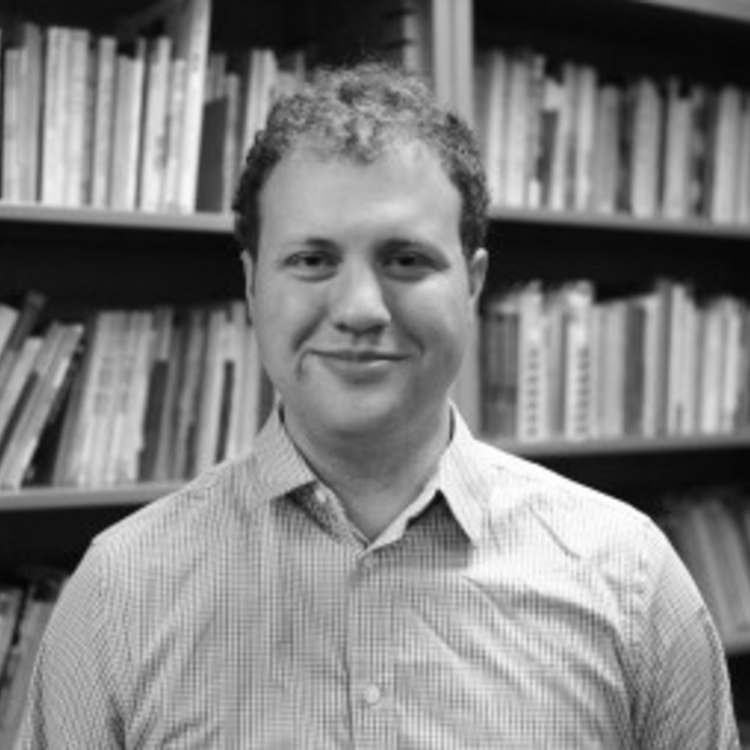
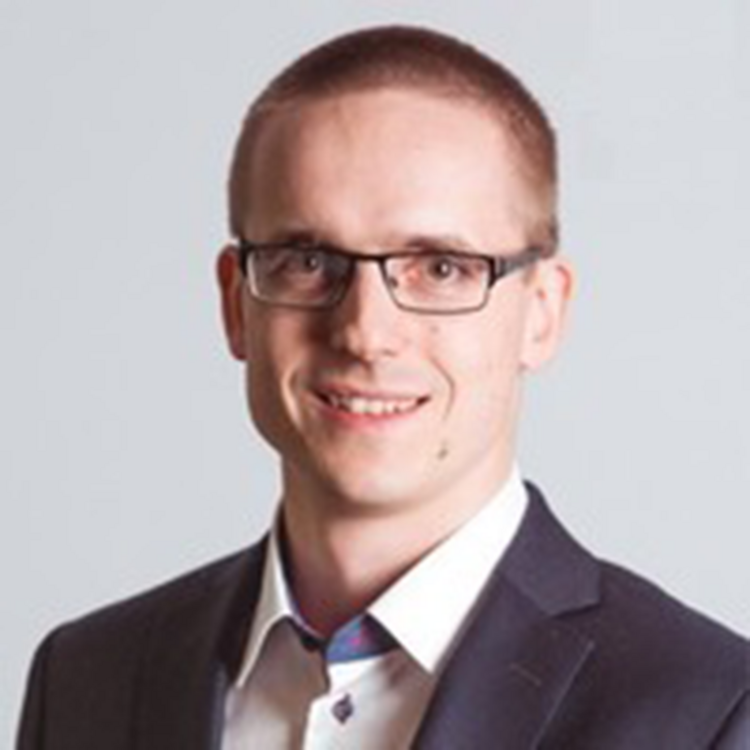
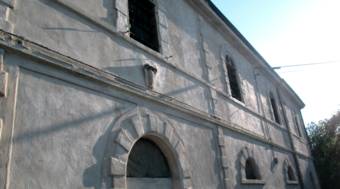


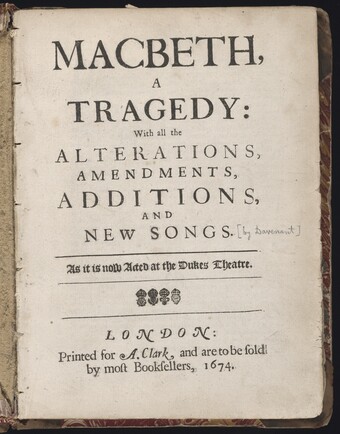


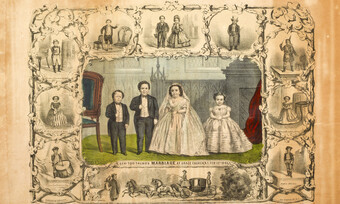

Comments
The article is just the start of the conversation—we want to know what you think about this subject, too! HowlRound is a space for knowledge-sharing, and we welcome spirited, thoughtful, and on-topic dialogue. Find our full comments policy here
Thank you for share this!